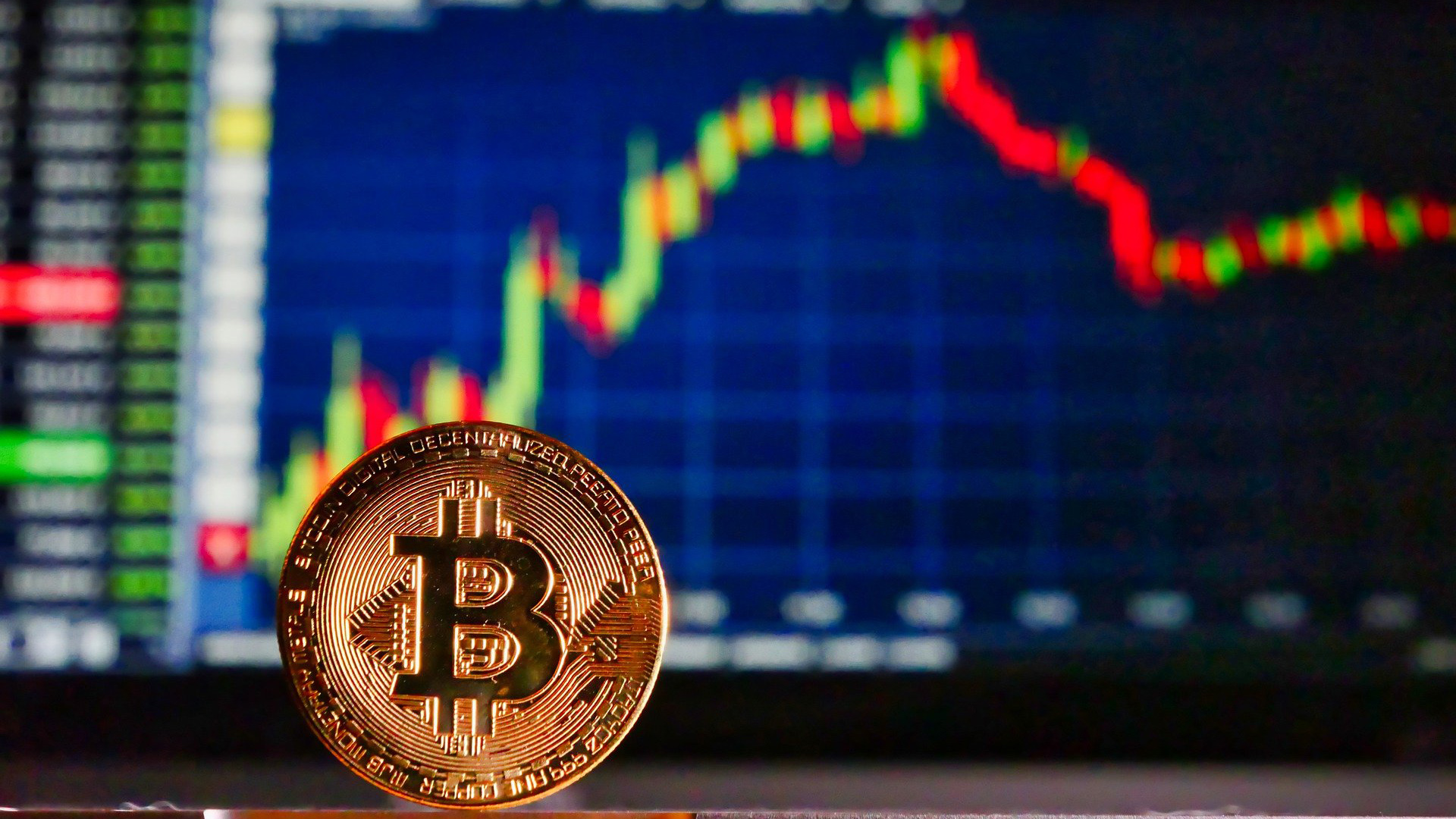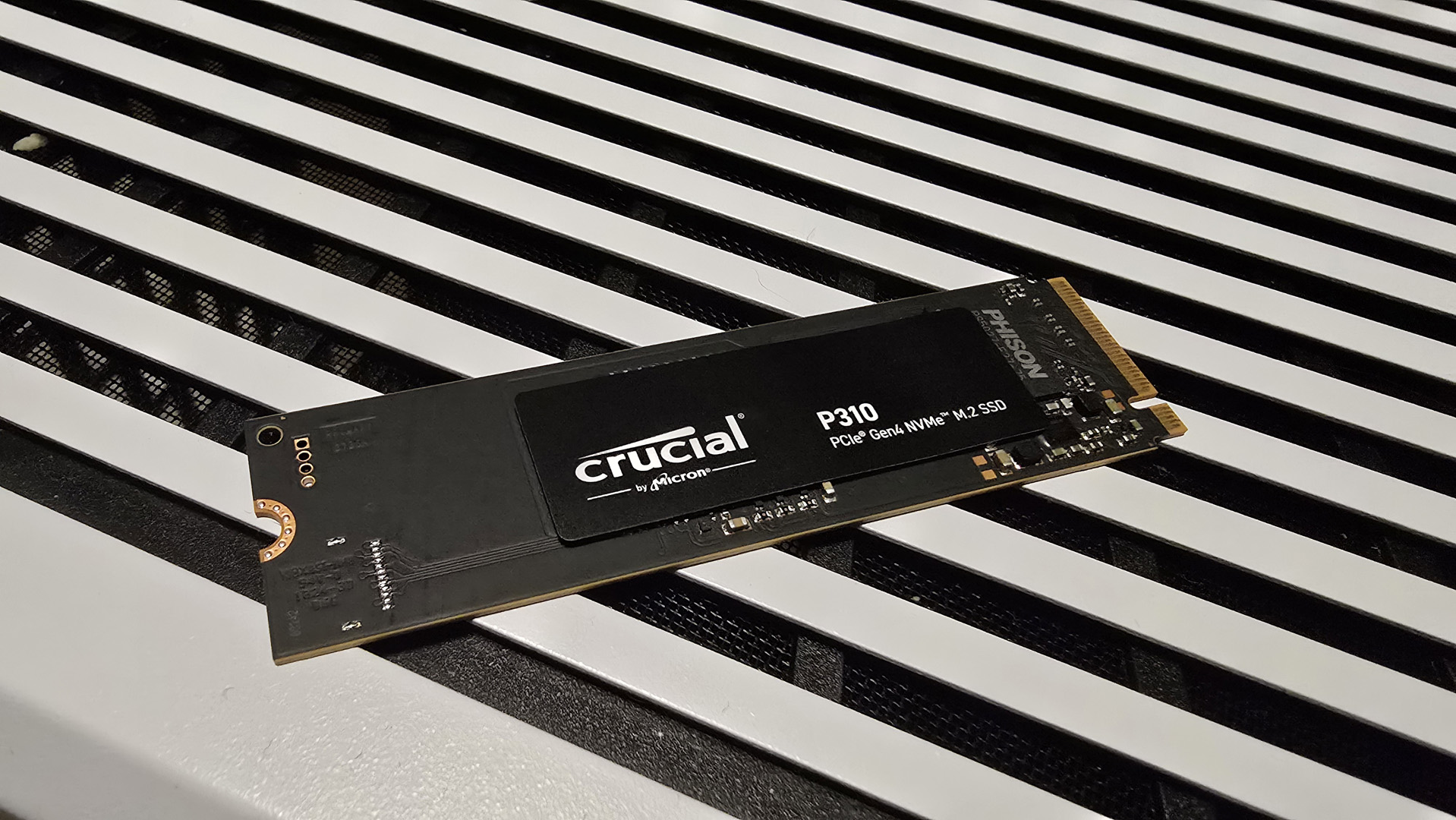The cryptocurrency market is experiencing an unprecedented crash
Turns out that so-called 'algorithmic stablecoins' aren't so stable.

The cryptocurrency market has crashed this week, with Bitcoin hovering between $US28,000 and $US30,000 in the last two days—less than half the value of the all-time peak it hit in November—and Ethereum just over $US2,000, which is likewise less than half the value of its November peak. A significant portion of the blame is being assigned to a cryptocurrency called TerraUSD.
TerraUSD is one of the largest of what are called 'stablecoins', meaning that it's supposed to retain a value close to that of a fiat currency—in this case, the US dollar. Cryptocurrency investors see stablecoins as a kind of checkpoint in the crypto game, "safe" places to store their investments when they're not buying into more volatile currencies. And yet, this week TerraUSD's value fell to 30 cents at its lowest, and right now is still just over 80 cents. As FastCompany pointed out, TerraUSD "typically fluctuates by just thousandths of a percent."
Unlike some other stablecoins, TerraUSD is pegged to a cryptocurrency rather than directly to the fiat currency it's supposed to maintain parity with. In the case of TerraUSD, it's pegged to Luna, which is built on the same blockchain. Reserves of TerraUSD and Luna are algorithmically created and destroyed to maintain their relative value, bouncing less than a cent in either direction to make them worth buying and selling—with trades between them also helping to stabilize their worth.
Until this week, when Luna's value dropped by over 75%, dragging down the value of TerraUSD with it. At which point, TerraUSD's creator, Do Kwon, opened his reserves, $US3.5 billion worth of Bitcoin he'd bought to prop up TerraUSD, and sent a shockwave across the already volatile cryptocurrency market. As Reuters reported, crypto assets have shed $800 billion in market value in a month, and the Wall Street Journal pointed out that NFT sales are flatlining too.
As for why Luna's value fell, that's kind of unclear. CoinDesk traces it to "a series of major withdrawals from Anchor Protocol", a market for stablecoin trading, as well as major TerraUSD withdrawals from the Curve stablecoin market. Conspiracy theories about it being an "attack" that was "deliberate and coordinated" have spread throughout the crypto community.
Meanwhile, it's been revealed that before creating TerraUSD, Do Kwon was co-founder of a failed stablecoin called Basis Cash, under the pseudonym "Rick Sanchez", after the character from Rick & Morty. Which is honestly a perfect cap to put on the whole baffling thing.
The biggest gaming news, reviews and hardware deals
Keep up to date with the most important stories and the best deals, as picked by the PC Gamer team.

Jody's first computer was a Commodore 64, so he remembers having to use a code wheel to play Pool of Radiance. A former music journalist who interviewed everyone from Giorgio Moroder to Trent Reznor, Jody also co-hosted Australia's first radio show about videogames, Zed Games. He's written for Rock Paper Shotgun, The Big Issue, GamesRadar, Zam, Glixel, Five Out of Ten Magazine, and Playboy.com, whose cheques with the bunny logo made for fun conversations at the bank. Jody's first article for PC Gamer was about the audio of Alien Isolation, published in 2015, and since then he's written about why Silent Hill belongs on PC, why Recettear: An Item Shop's Tale is the best fantasy shopkeeper tycoon game, and how weird Lost Ark can get. Jody edited PC Gamer Indie from 2017 to 2018, and he eventually lived up to his promise to play every Warhammer videogame.

